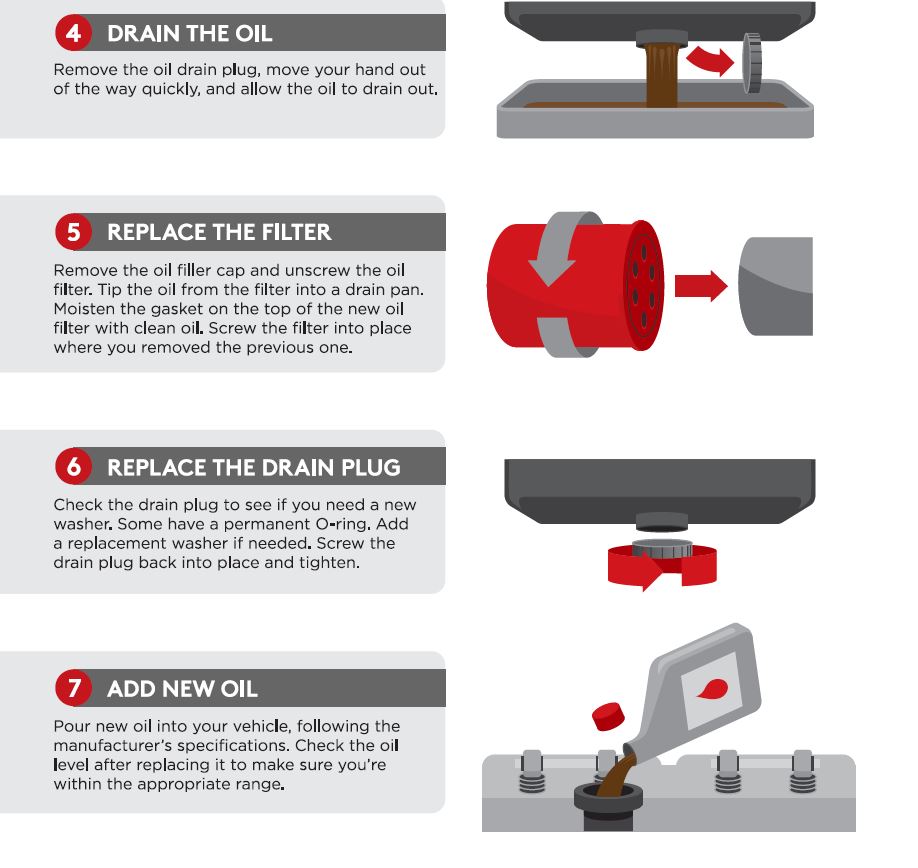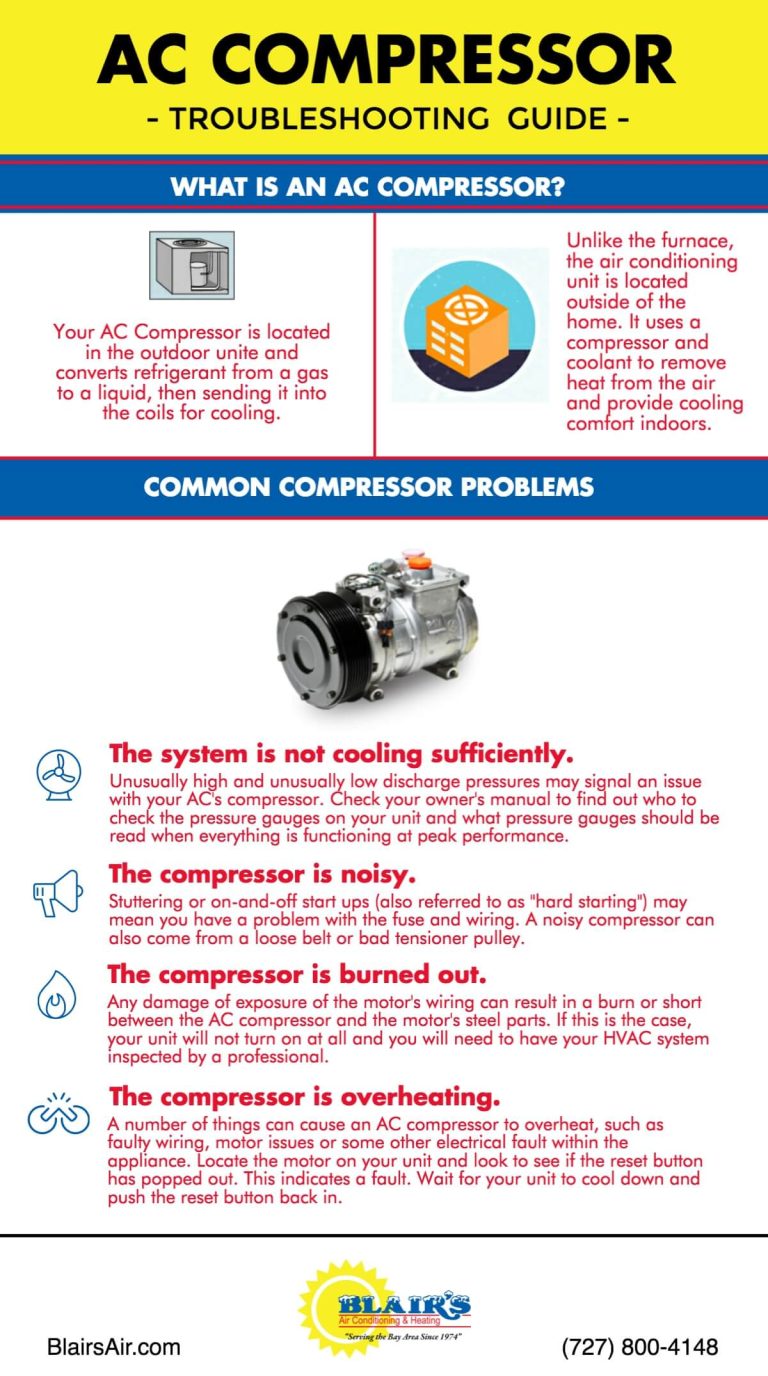How to Know I Need an Oil Change: Quick and Easy Tips
Regularly check your oil level using the dipstick. If the level is significantly below the recommended amount, it’s time for an oil change.
When your oil level is low, it can lead to engine damage due to inadequate lubrication. Ensuring your vehicle has sufficient oil is crucial for its proper functioning and longevity. Performing routine maintenance, such as checking oil levels and changing oil when necessary, is essential in keeping your car running smoothly.
Ignoring signs of low oil levels can lead to costly engine repairs. By understanding the indicators that your car needs an oil change, you can prevent potential issues and maintain the overall health of your vehicle. Keep reading to discover the common symptoms that indicate it’s time for an oil change.
How Often Should You Change Your Oil?
Regularly checking your oil level is crucial in knowing when to change it. If the level on the dipstick is significantly lower than recommended, it’s a clear sign for an oil change to prevent potential engine damage. Additionally, be aware of increased engine noise – a sign of overdue oil change.
Importance Of Regular Oil Changes
Regular oil changes are crucial for maintaining your engine’s health and performance. Fresh oil lubricates engine components, reduces friction, and helps dissipate heat. Neglecting oil changes can lead to engine damage and reduced fuel efficiency.
Manufacturer’s Recommendations
Manufacturers typically advise changing your oil every 5,000 to 7,500 miles or every 6 months, but this can vary depending on your vehicle and driving habits. Always consult your owner’s manual for the recommended oil change intervals.
Factors Affecting Oil Change Frequency
Several factors can influence how often you should change your oil, including driving conditions, mileage, and the type of oil used. For instance, frequent stop-and-go driving or towing heavy loads may require more frequent oil changes. Consider these factors when determining your oil change schedule.
Signs That You Need An Oil Change
Regularly checking your oil level is crucial. If you find it significantly below the recommended level on the dipstick, it’s a clear indication that you need an oil change. Low oil levels can cause insufficient lubrication, leading to potential engine damage.
Hearing increased engine noise signals the urgent need for an oil change.
[if gte mso 9]>Start your response with an introductory paragraph about the ‘if !supportEmptyParasendifendifif !supportEmptyParasendifif !supportEmptyParasendifSigns that You Need an Oil Change
'.
Check your oil level regularly to prevent engine problems. Recognize signs such as low oil level, dark and dirty oil, engine noise, and warning lights that indicate the need for an oil change
.
• Low Oil Level on Dipstick: A significantly low oil level indicates the need for an oil change.
• Dark, Dirty Oil: Dark and dirty oil signifies contaminated oil that requires changing.
• Engine Noise and Knocking: Unusual noises from the engine signal the need for immediate attention to avoid damage.
• Dashboard Warning Lights: Dashboard alerts indicating low oil or maintenance required prompt an oil change.
.
How To Check If Your Car Needs An Oil Change
Regularly checking if your car needs an oil change is a crucial aspect of vehicle maintenance. By staying attentive to your car's oil level, color, and engine noise, you can prevent potential damage and maintain your car's performance. Here are some ways to determine if your car needs an oil change:
Checking The Oil Level
One way to check if your car needs an oil change is to inspect the oil level. Low oil levels can lead to inadequate lubrication, potentially causing engine damage. To check the oil level, use the dipstick to ensure it matches the recommended level.
Inspecting The Oil Color
Another important indicator is the color of the oil. Clean oil is usually amber in color, and if it appears dark or dirty, it might be time for an oil change. Inspecting the oil color can help ensure your car's engine is properly lubricated.
Listening For Increased Engine Noise
Unusual engine noise can also be a sign that your car needs an oil change. If you notice increased engine sounds such as knocking, rumbling, or roaring, it indicates that your vehicle is in dire need of fresh oil to maintain optimal performance.
Checking The Oil Indicator
Some modern cars are equipped with oil indicators that alert you when an oil change is needed. Pay attention to dashboard warning lights or alerts that indicate a low oil level or the need for an oil change.
Using The Dipstick To Check Oil Level
To check the oil level using the dipstick, follow these steps:
- Park your car on a level surface and wait for the engine to cool down.
- Locate the dipstick, remove it, and wipe it clean with a cloth or paper towel.
- Reinsert the dipstick fully, then pull it out again and check the oil level, ensuring it falls within the recommended range.
- If the oil level is low, it's time to schedule an oil change at your earliest convenience.
By performing these checks and addressing any indications of a needed oil change promptly, you can keep your car running smoothly and extend the lifespan of your engine.

Credit: visual.ly
Long-term Effects Of Delaying An Oil Change
Delaying an oil change can have significant long-term effects on your vehicle's engine and overall performance. Neglecting timely oil changes can lead to inadequate lubrication and engine damage, impacting not only the smooth functioning of your vehicle but also potentially causing costly repairs. In this section, we will explore two primary long-term effects of delaying an oil change: inadequate lubrication and engine damage, as well as the impact on vehicle performance and the potential for costly repairs.
Inadequate Lubrication And Engine Damage
Inadequate lubrication is one of the most critical consequences of delaying an oil change. Engine oil plays a crucial role in lubricating various moving parts within the engine, reducing friction and preventing excessive wear and tear. Over time, oil becomes less effective at lubricating due to the accumulation of dirt, debris, and contaminants. When oil loses its lubricating properties, it fails to create a protective barrier between metal surfaces, resulting in increased friction and heat. This can lead to engine damage, such as worn-out pistons, cylinder walls, and bearings, which can severely impact the overall longevity and performance of your vehicle. Furthermore, inadequate lubrication can also cause overheating, as the oil is unable to dissipate heat effectively.
Impact On Vehicle Performance
Delaying an oil change can significantly impact your vehicle's performance. As mentioned earlier, inadequate lubrication leads to increased friction and wear on engine components. This can result in reduced power output and efficiency, leading to sluggish acceleration and overall decreased performance. Additionally, dirty oil can clog the engine's oil passages and filters, further hindering performance. Ignoring an oil change can also contribute to decreased fuel efficiency, as the engine has to work harder and consume more fuel to compensate for the lack of lubrication and increased friction.
Potential For Costly Repairs
One of the most significant long-term effects of delaying an oil change is the potential for costly repairs. When oil is not changed regularly, it loses its ability to effectively lubricate and protect engine components. This can lead to significant engine damage, such as seized pistons or crankshafts, bent valves, and even complete engine failure. Such repairs can be extremely expensive and may even require engine replacement in severe cases. By neglecting regular oil changes, you not only risk compromising your vehicle's performance but also increase the likelihood of incurring substantial repair costs down the line.
Expert Insights And Recommendations
When it comes to maintaining your vehicle's engine health, knowing when to get an oil change is crucial. With expert insights and recommendations from auto care professionals, you can make informed decisions to keep your engine running smoothly.
Advice From Auto Care Professionals
Auto care professionals recommend regularly checking your oil level as a fundamental practice. By inspecting the oil level on the dipstick, you can determine if it falls significantly below the recommended level. This is a clear indication that an oil change is needed. Low oil levels can lead to insufficient lubrication, potentially causing damage to your engine.
Additionally, listen for increased engine noise. Ignoring unusual engine sounds can lead to knocking, rumbling, and even roaring, signaling the urgent need for an oil change. Keeping an ear out for these noises can help you identify an oil change when needed.
Common Misconceptions Debunked
One common misconception is that the time limit or mileage is the only factor to consider when determining the need for an oil change. While both are important, it's crucial to understand that other signs, such as the oil color and the oil indicator light, can also indicate the need for an oil change. Dark, dirty oil and a lit oil change light are clear signs that it's time for a change.
Another misconception is that only dirty or grimy oil requires changing. However, even if the oil appears clean, it can still deteriorate over time and lose its effectiveness. Therefore, regular oil changes are necessary to maintain engine health, regardless of the oil's cleanliness.
Best Practices For Maintaining Engine Health
In addition to regular oil changes, there are other best practices to keep your engine healthy. These include:
- Following the manufacturer's recommended oil change intervals
- Using the correct type and viscosity of oil for your vehicle
- Inspecting the oil filter during each oil change and replacing it if necessary
- Checking for oil leaks and addressing them promptly
- Keeping up with other routine maintenance tasks, such as air filter changes and spark plug replacements
By following these best practices and heeding the advice of auto care professionals, you can ensure the longevity and performance of your engine.

Credit: www.tomobriengreenwood.com

Credit: www.toyotaofseattle.com
Frequently Asked Questions Of How To Know I Need An Oil Change
How Do I Know When My Oil Needs Changing?
Regularly check the oil level on the dipstick. If it's significantly low, it's time for an oil change. Inadequate lubrication can damage the engine. Listen for increased engine noise as a sign.
How Long Can You Go Without An Oil Change?
It is recommended to change your oil every 3,000 to 5,000 miles or every six months.
How Does Your Car Feel When You Need An Oil Change?
When your car needs an oil change, it may feel louder and make knocking or rumbling sounds. These increased engine noises indicate that your vehicle requires an oil change.
How Often Do You Need An Oil Change?
You should get an oil change when the oil level on the dipstick is lower than recommended. Low oil levels can lead to engine damage. Also, listen for increased engine noise, knocking, or rumbling, as these are signs you need an oil change.
Conclusion
Keeping an eye on your oil level, color, and the maintenance indicator is vital to know when you need an oil change. Ignoring these signs can lead to engine damage and costly repairs. By staying proactive in oil maintenance, you can ensure the longevity and performance of your vehicle.
Regular oil changes are an essential part of vehicle maintenance and will ultimately save you money and headaches in the long run.
[kk-star-ratings align="center" reference="auto" valign="bottom"]







